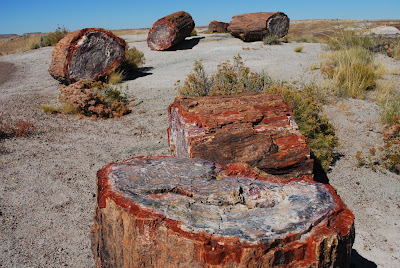It is abundantly clear that the problems that I just listed are large, systemic, structural, cultural. We rely in large infrastructures such as roadways for our food. Our banks take our money and invest it unsavory ways without telling us. Advertisements and "beauty" magazines try to make us feel worthless unless we take part in the latest fads. The federal government doesn't deal with climate change even if it is in its best interests. So, of course we need change at the highest levels. Of course we need policy changes. Of course we need cultural change. But what does this change look like? Is the fear of change, of a new culture, in large measure what is holding back change? Or perhaps is change not coming quickly enough because the problems are so large and daunting that we sit back in submission?
I write about this because I got some flak from my last post, which said that we must be personally responsible with our choices, without mentioning that problems are structural. But the fact that the problems are structural is the founding premise of this entire blog, and I have written about the issues of capitalism, large government, corporatism, education, and so on.
Our actions do not exist in isolation. As I have pointed out time and again, if we live in societies and collectives, and what we do as individuals challenges social norms, then actions that challenge the norms are both starkly exposed and starkly expose the norms. This, for some, may seem like some kop-out way of legitimizing and overstating the impact of individual change. Some might go so far as to say personal change is far easier than achieving structural and cultural change. In some ways, it is. It is because you don't necessarily have to deal with anyone else, a libertarian's dream. But in some ways, it is not. It is not because personal change challenges oneself to truly imagine and live in the world one wants to live in. On another hand, Melissa, in one of the very first guest blogs, wrote that if you want to achieve structural change, pressure must be put on "choice architects" who have the power to change systems.
But, as Mike Wolf writes in his essay In Anticipation of the Next Leap of Faith in Deep Routes,
There is a video clip on YouTube of Bill Moyers interviewing Grace Lee Boggs. In response to the question, "What is to be done?" her answer is simple. "Do something local and do something real." When I examine my life and the people who I admire, whose work is inspiring, also when I examine the most rewarding work I have been a part of, it all follows this simple directive. It is self-conscious of its place and its relationships, and it puts something on the line, takes risks. It is not fixed in the conceptual, the virtual, as a mere amusement...There is no traction and no consequence if the work doesn't make itself vulnerable.
Vulnerability is something I'll address soon. Until then, here is that video clip to inspire us to be the architects of our choices.



